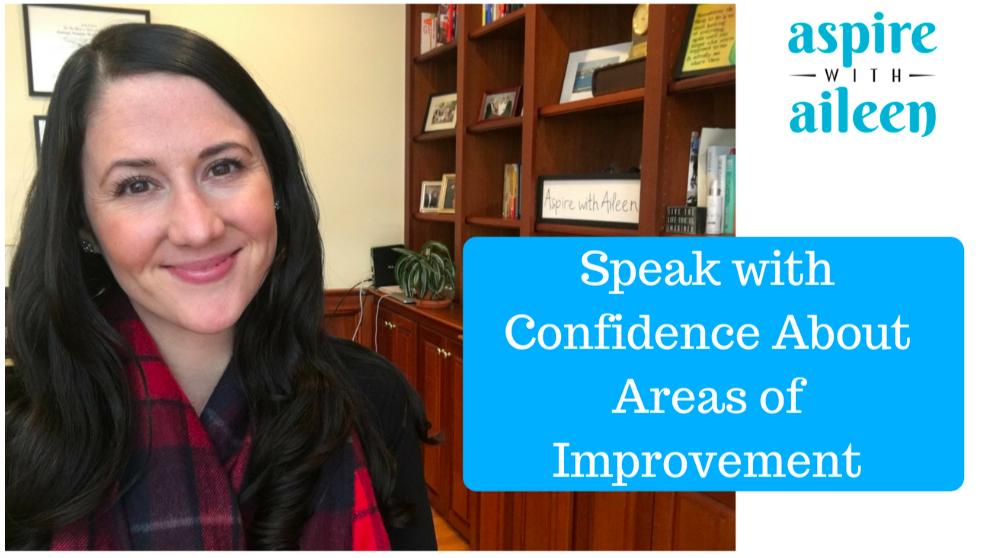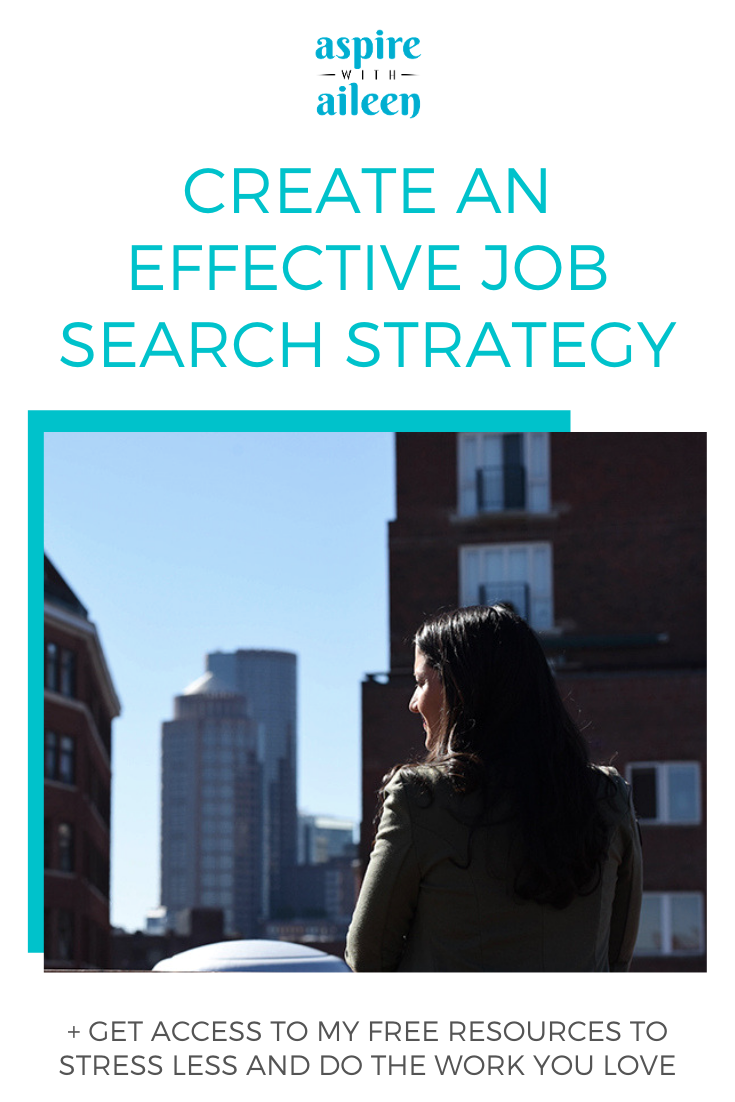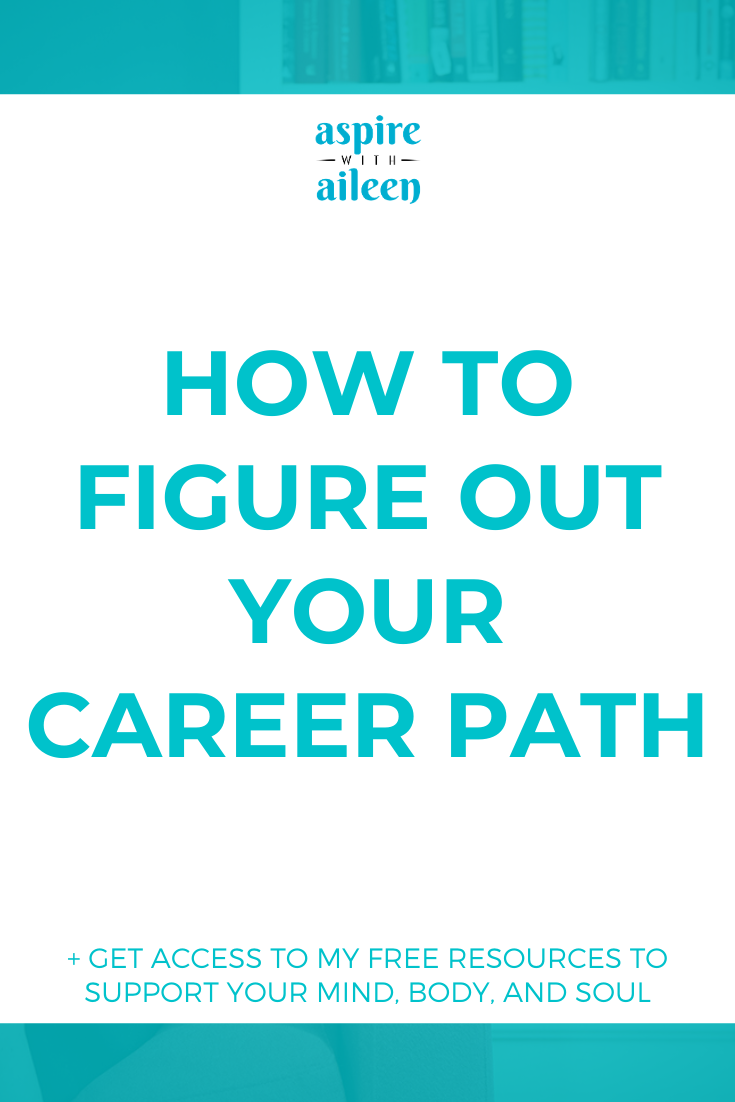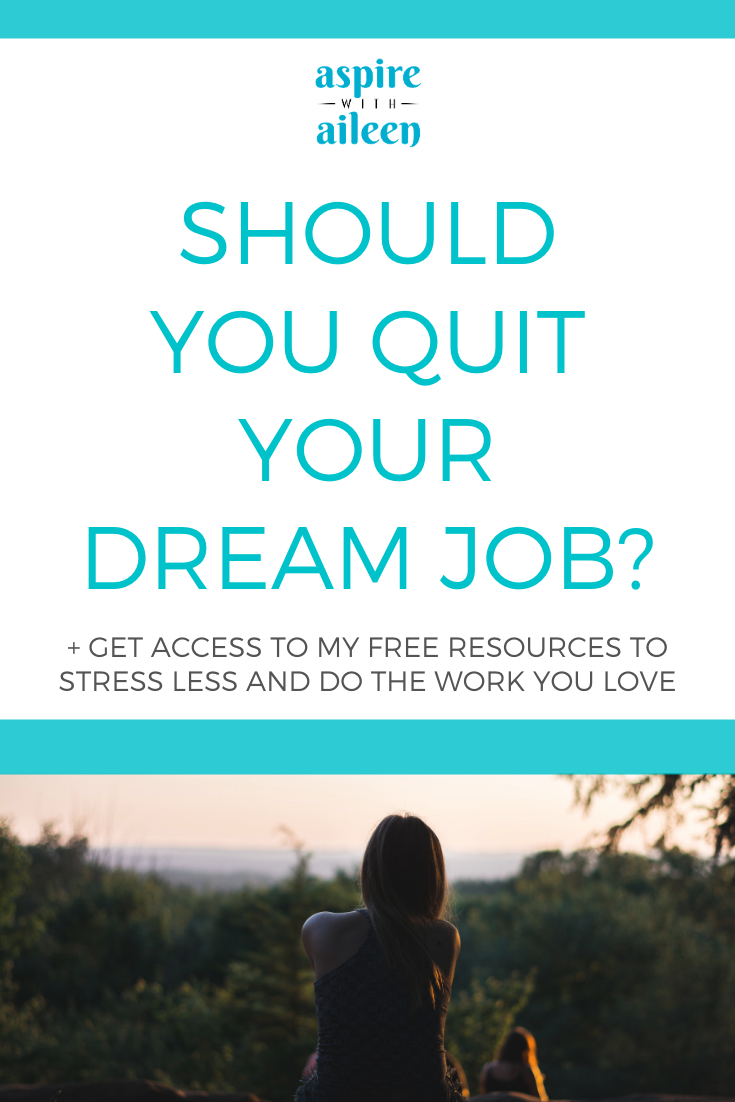I’ve been career coaching since 2007 (!) and have worked with people of all ages and backgrounds. There are common themes that arise after having so many conversations with people when they’re exploring a change in their professional lives.
While of course every person and situation is different, I often see these five signs. Use them as one tool to evaluate your career satisfaction – how many are true for you?
1. You’re bored
Have you noticed that projects that used to excite you don’t anymore? Perhaps the tasks that make up most of your work lead you to dread your workday or even roll your eyes when you see the email request come in?
While these don’t mean you need to kick a job search into action, they are indicators that your innate desires to continually learn, grow, and challenge yourself are not being met. Note which types of tasks may still excite you and see if you can speak with your supervisor or colleague to get more of those in the mix.
If it’s not possible, that is information to take into consideration when assessing whether your current role and employer is still a fit or not.
2. You don’t see any room for growth
(Can present as “I don’t want my boss’s job”).
For some time in your professional life, you may be very goal oriented. For certain people this looks like wanting to work towards a particular job title or scope of responsibility. For others, it’s more nuanced, and is more about wanting to continue to be in positions where they acquire new skills and are pushed outside of their comfort zones.
If that’s you, and the role you’re in isn’t providing continued opportunities to hone existing and/or acquire new skills, that may not feel like a good fit.
Of course, before simply jumping to the next organization, it makes sense to have candid conversations with your organization about making this happen. Sometimes all it takes is an ask!
To note, for people who are at a certain point in their careers and/or lives, this may not be a dealbreaker. For some people, once they’re reached a particular point in their professional lives, they don’t want to keep climbing and moving onto the next. This is not my nice way of saying “once you’re older you stop wanting to grow” either!
It can happen at any age when you’ve found work that aligns with your values, interests, personality, skills, and fits well with your personal life. Bigger offices, more pay, and shinier titles are not what it’s all about for many people… these days more than ever.
3. You’re not using the skills you thought you’d get to use
This one is often a stand-alone reason why people end up leaving their current role.
This can happen in a few ways – perhaps it’s a startup or a new position, and what the company anticipated the role requiring didn’t end up being what was needed. Or, someone may start off with a role looking one way, and then it evolves into something different due to staffing changes or simply because that’s where the organization is headed.
It can feel very disappointing no matter the circumstances. You’ll notice a theme, though, with the tips I shared above.
Especially in a culture where growth and changes are happening in the organization at an exponential rate, this may be something management has simply overlooked vs a sign they don’t care about you. An option is to reach out to your manager and ask to get some time on their calendar to discuss the scope of your work – giving them a heads up to prime the conversation can often yield a more productive chat.
4. You often find yourself daydreaming or wondering about what’s next
…maybe even during planning meetings at your current company.
If this is happening – noticing a strong disconnect when your colleagues are looking at the future – it is a big piece of data potentially pointing to disinterest in your current professional whereabouts.
Other ways I often hear this start off…
“I’m happy where I am but I just started scrolling through jobs on LinkedIn...”
“It’s fine where I am but… I’m starting to wonder what else is out there.”
“I’ve always known the next step in my career, but now I’m not sure what I’m going to do… I just know it’s not this.”
Let me clarify – daydreaming alone does not mean it’s time to make a change, but if you’re noticing this internal pull to do something else, something different, and this innate sense of longing or wondering “what else?” – that is information to pay attention to and explore deeper.
5. You feel burnt out or misaligned
A toxic work environment, not gelling with the company culture, not believing in the organization’s mission… these are some of the top contributors to employee burnout.
We spend over 1/3 of our lives at work, so if you’re not being treated well or feeling a sense of purpose connected to how you’re spending the majority of your time, especially now as work bleeds into home life, it takes a toll.
This comes down to personal preference, but for many people, they want to work where they feel there is alignment and where they are valued. Employee burnout can also come from that lack of using skills you want, as discussed above, so it’s important to clarify where this energy drain comes from so you can create a clear path forward.
Are any of these resonating with you?
If you’re noodling on making a change, or maybe have even been trying to make one but not getting traction, I’m here to chat over a complimentary consultation should you need some support.
Here’s to finding more flow in our work!


























